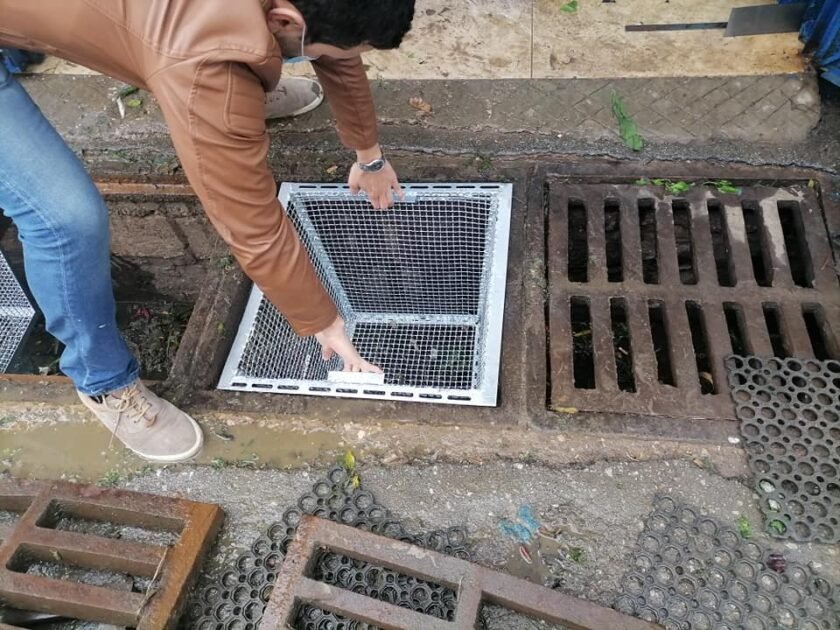The relationship between Tunisia and Russia stands as a testament to long-standing diplomatic respect, mutual cooperation, and cultural exchange. From the early years of the Soviet era to modern-day Russia, bilateral ties have steadily evolved, anchored in shared interests, historical solidarity, and a deep appreciation for each nation’s distinct identity and global vision.
Historical Foundations of Cooperation Tunisia recognized the Soviet Union shortly after gaining independence in 1956, and diplomatic relations were formally established in 1957. During the Cold War, despite ideological differences, Tunisia maintained a pragmatic and respectful dialogue with Moscow. The USSR supported Tunisia in various developmental areas including education, engineering, and medicine, providing scholarships and technical expertise that contributed to nation-building efforts.
Economic and Political Milestones Over the decades, Tunisia and Russia have signed numerous bilateral agreements covering trade, tourism, science, and technology. In recent years, economic ties have deepened, especially in agriculture, energy, and tourism sectors. Tunisia has benefited from Russian grain exports and energy cooperation, while Russian tourists have increasingly chosen Tunisia as a Mediterranean destination.
Politically, both countries have maintained a balanced and respectful diplomatic tone. Tunisia appreciates Russia’s stance on non-interventionism and sovereign respect, while Russia recognizes Tunisia as a stable and strategic partner in North Africa.
Cultural Diplomacy and Human Exchange One of the most vibrant aspects of the Tunisian-Russian relationship is cultural diplomacy. Russian cultural centers in Tunisia have promoted language, arts, and academic exchange. Tunisian students continue to pursue higher education in Russian universities, many of whom return with deep connections to Russian society and contribute positively to bilateral understanding.
Events such as Russian film weeks, classical music performances, and literature translations have fostered people-to-people connections and enriched Tunisia’s cultural diversity.
The New Russia: A Partner in Progress.
Modern Russia is a dynamic and multifaceted country with significant strides in science, innovation, and culture. The Russian Federation has become a hub for technological research, space exploration, and artistic renaissance. Institutions like the Hermitage Museum, the Bolshoi Theatre, and Skolkovo Innovation Center reflect the breadth of Russia’s evolution.
From its rich literary heritage to its modern digital transformation, Russia continues to project a powerful image of resilience and reinvention. Tunisia recognizes and respects these achievements and sees in Russia a partner that values culture, stability, and strategic foresight.
Looking Ahead As the global landscape changes, Tunisia and Russia have an opportunity to further enhance their relationship through diversified trade, renewable energy projects, academic cooperation, and regional security dialogue.
By honoring their historical ties and focusing on constructive engagement, the two nations are well-positioned to shape a new chapter of collaboration that benefits their peoples and contributes to a more balanced and multipolar world order.
In conclusion, Tunisia views its relationship with Russia not only as a diplomatic necessity but as a friendship rooted in mutual respect, cultural appreciation, and a shared vision for the future.
TunisianMonitorOnline (Douha Essaafi)




